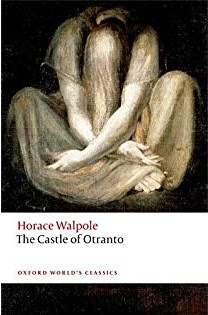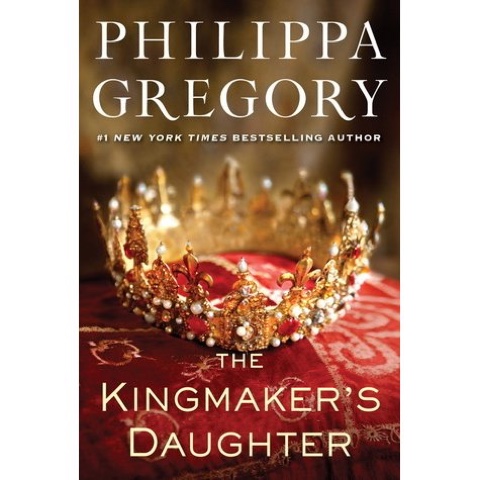The Strange Case of the Horrors Inside Us
[Warning: this post contains spoilers] I made a rather sad discovery while reading Robert Louis Stevenson's The Strange Case of Dr. Jekyll and Mr. Hyde (a title which, by the way, tends to get shortened, but that is what the book is actually called). I realized that some of these classic horror stories have become so ingrained in our culture that we already know them too well to get the full effect of the story. Take the case of Dr. Jekyll and Mr. Hyde, for instance. We've all come across it in numerous forms. The double itself is a very common trope, true. But I can think of at least three cartoons that I watched as a child that adapted this story. Most of you would likely be more familiar with the Looney Tunes episodes (and, yes, there are a couple), but Arthur and Veggie Tales have also done their own takes on this story. The names of the character and his alter ego have even become so commonly associated with the idea of a split personality that it is nearly impos


